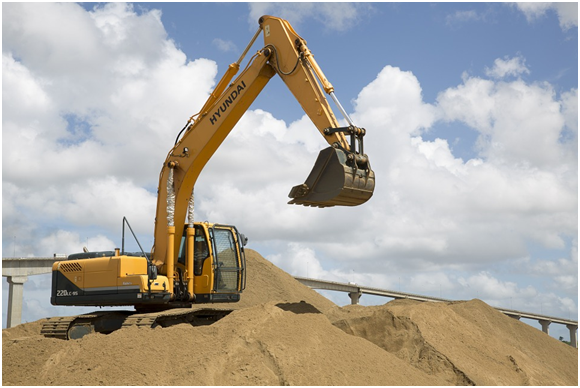
8 Types Of Excavation Used In Construction
Whether you want to construct a commercial or a residential building, roadways, bridges, or install pipes and underground utility lines, the land needs to be inspected and prepared to ensure it provides a strong foundation. Excavation is an important part of any construction project. The process uses different tools and techniques to move soil, rock, and other material to form a cavity and prepare the area for construction. Building companies use several different types of excavation in construction. The type of excavation used depends on the material used and the purpose.
Here are some types of excavation in construction classified on the basis of material and purpose:
Excavation by Material
Topsoil Excavation
As the name suggests, this type of excavation involves the removal of the exposed or the topmost area of the earth’s surface. The excavation method removes vegetation, soil, and any other decaying material that could make the land unsuitable to bear structural loads.
Rock Excavation
This type of excavation is used to clear surfaces; like the rocky surfaces that impede the building process. Rock excavation is highly challenging as compared to the other types. This is because it cannot be done without the use of special equipment and techniques like drilling or blasting to remove the rock or clear a tough surface.
Muck Excavation
Muck, the combination of soil and water, is often undesirable during construction and needs to be removed. Muck excavation is named after the material being removed. The muck is either moved to another area or spread out to dry.
Earth Excavation
To create a foundation for buildings and bridges or construct drainage ditches various layers of earth need to be removed. Earth excavation includes the removal of soil; the layer below the topsoil, for the purpose of construction.
Excavation by Purpose
Cut and Fill Excavation
Also known as stripping excavation, this type of excavation in construction is used to clear large areas. The process involves the removal of wide and shallow layers of topsoil, rocks, sand, and other unwanted materials. The procedure may also include grading the land.
Trench Excavation
In this type of excavation the length of the excavated area exceeds the depth. Trench excavation is typically used to bury service lines, to install pipelines and sewer systems, or lay foundations. Shallow trenches of less than 6m or deep trenches of more than 6m are done using this type of excavation. The techniques used for this type is dependent on factors like the purpose, ground conditions, number of obstructions, and so on.
Basement Excavation
Basement is typically the area below the ground level. This type of excavation is used when the construction is to be done at least partially below the ground level. Depending on the size of the property, this type of excavation can be complicated.
Dredging
Sediment deposits can build up over time under water making construction, as well as the passage, difficult. The process of dredging involves excavating and removing sediments and debris from underwater to allow boats and ships to pass easily and for other construction purposes.
While these were some, there are many other types of excavation used in construction. If you’re in search of an excavation service provider connect with us at Sierra Hydrovac.


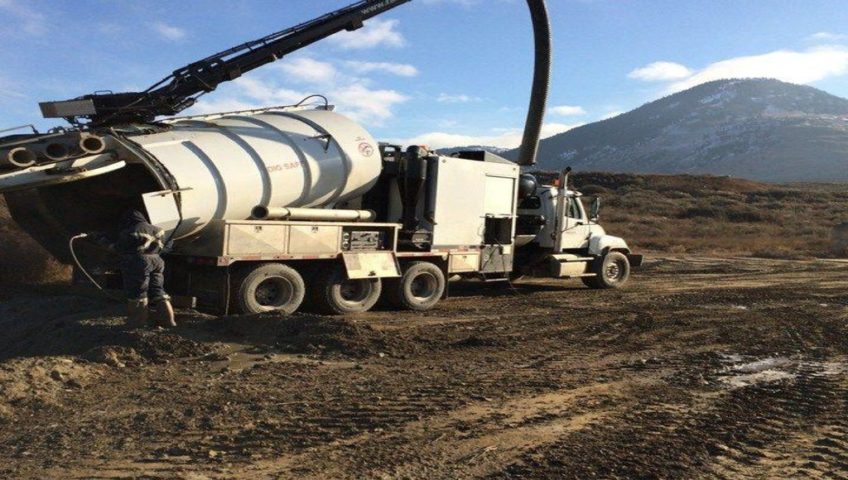

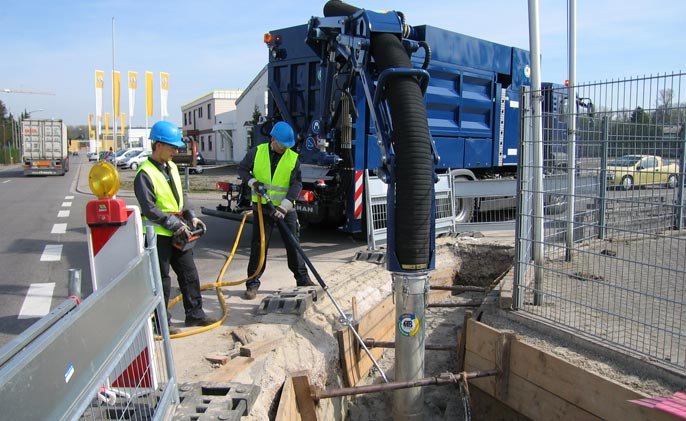
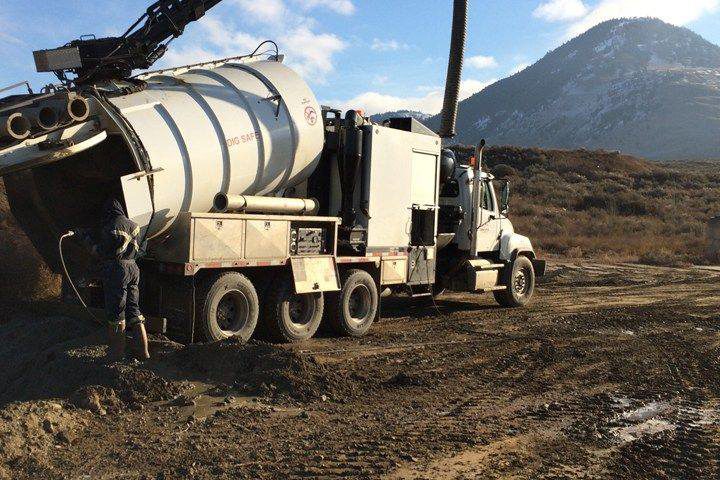
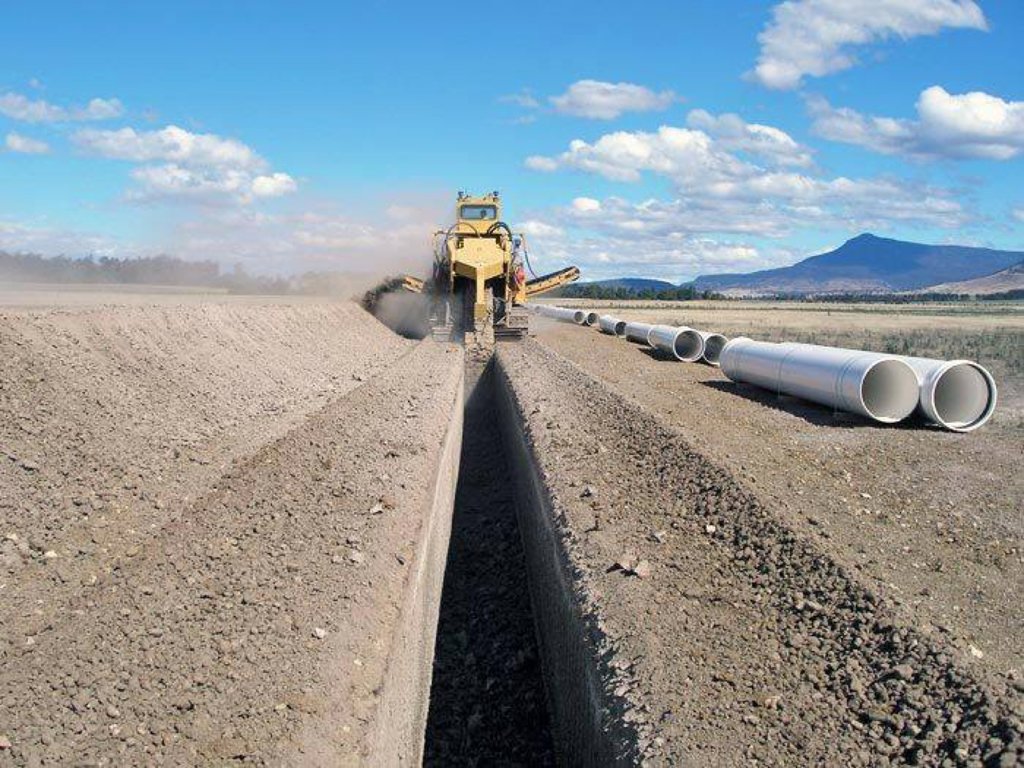
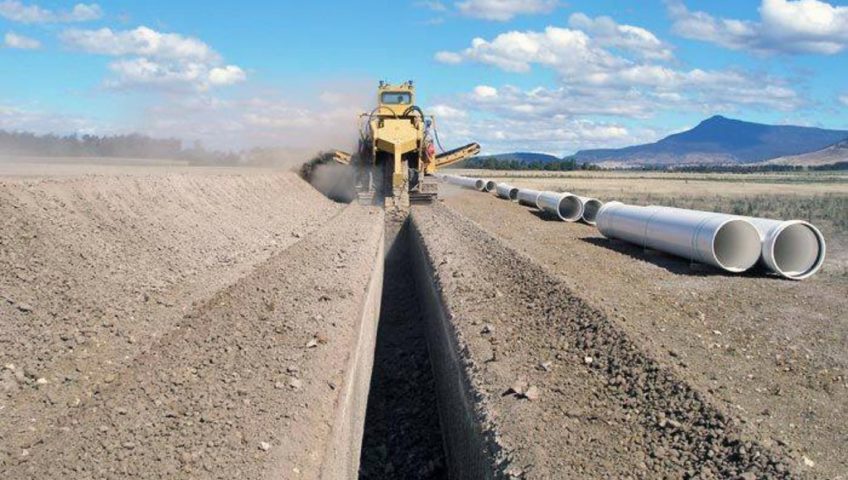

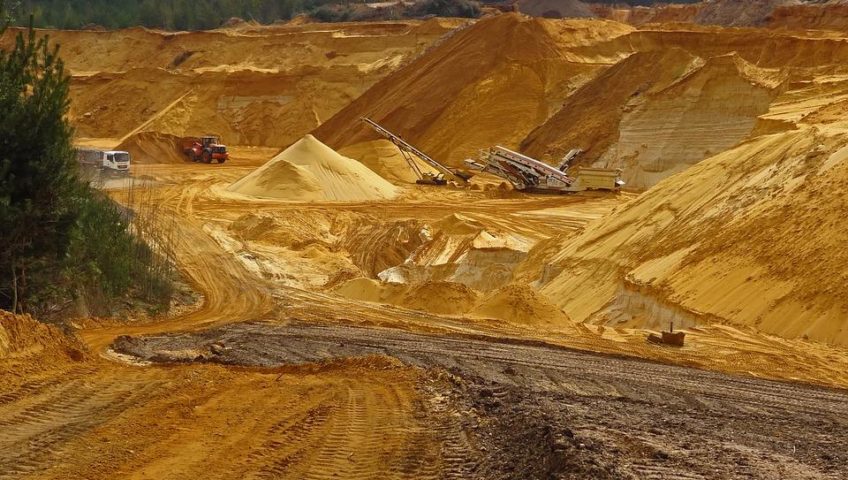

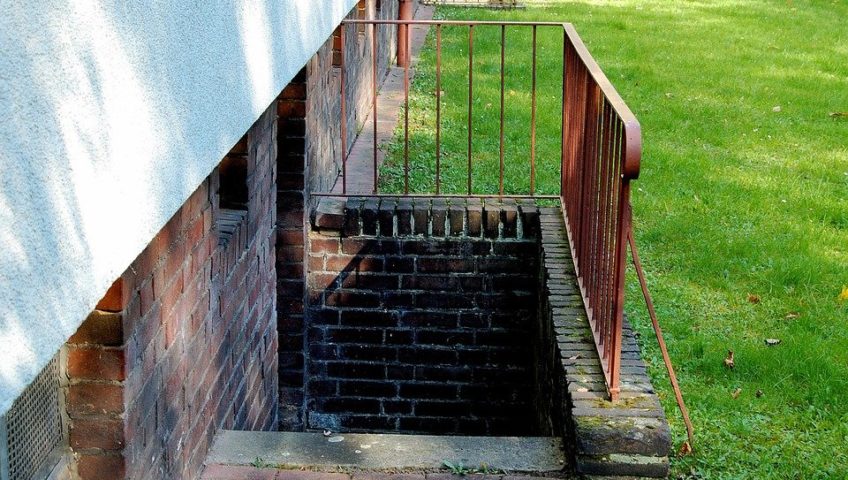

Recent Comments